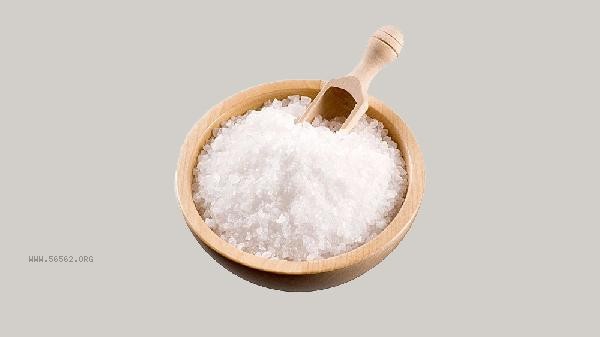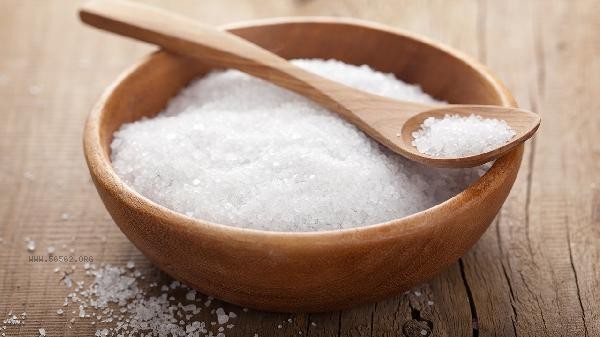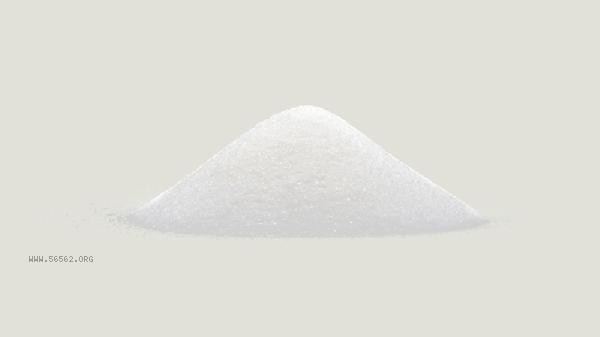Not adding salt to noodles usually does not affect dough formation, but may reduce the flavor and gluten of the noodles. Salt in dough mainly plays a role in enhancing gluten, regulating fermentation speed, and improving taste.

Lack of salt during dough mixing may lead to insufficient elasticity of the dough and decrease in ductility, affecting the production effect of Lamian Noodles, dumpling skin and other noodles that need toughness. Salt in fermented dough can inhibit the rapid growth of yeast, and not adding salt may make it difficult to control the fermentation speed of the dough. From a nutritional perspective, although sodium ions in table salt are essential elements for the human body, other ingredients in daily diet can provide sufficient intake, and occasionally not adding salt will not cause health problems.

Long term production of salt free noodles may affect appetite, especially for hypertensive patients who need to control sodium intake. However, it should be noted that dough completely without salt is more prone to breeding bacteria, and the fermentation time should be shortened in high temperature environments during summer. Some special noodles, such as Italian noodles and alkaline water surfaces, have a high salt content in their formula. Cancelling the use of salt will significantly change the characteristics of the finished product.

It is suggested to adjust the salt consumption flexibly according to the type of pasta. The salt content of Mantou and noodles made by ordinary families can be appropriately reduced rather than completely eliminated. Controlling the total amount of sodium in daily diet is more beneficial for health than simply adding salt to noodles, and can be paired with potassium rich vegetables and fruits to help balance sodium and potassium. People who are allergic to flour or require a low sodium diet can use yeast substitutes or add a small amount of sugar to improve fermentation efficiency.









Comments (0)
Leave a Comment
No comments yet
Be the first to share your thoughts!